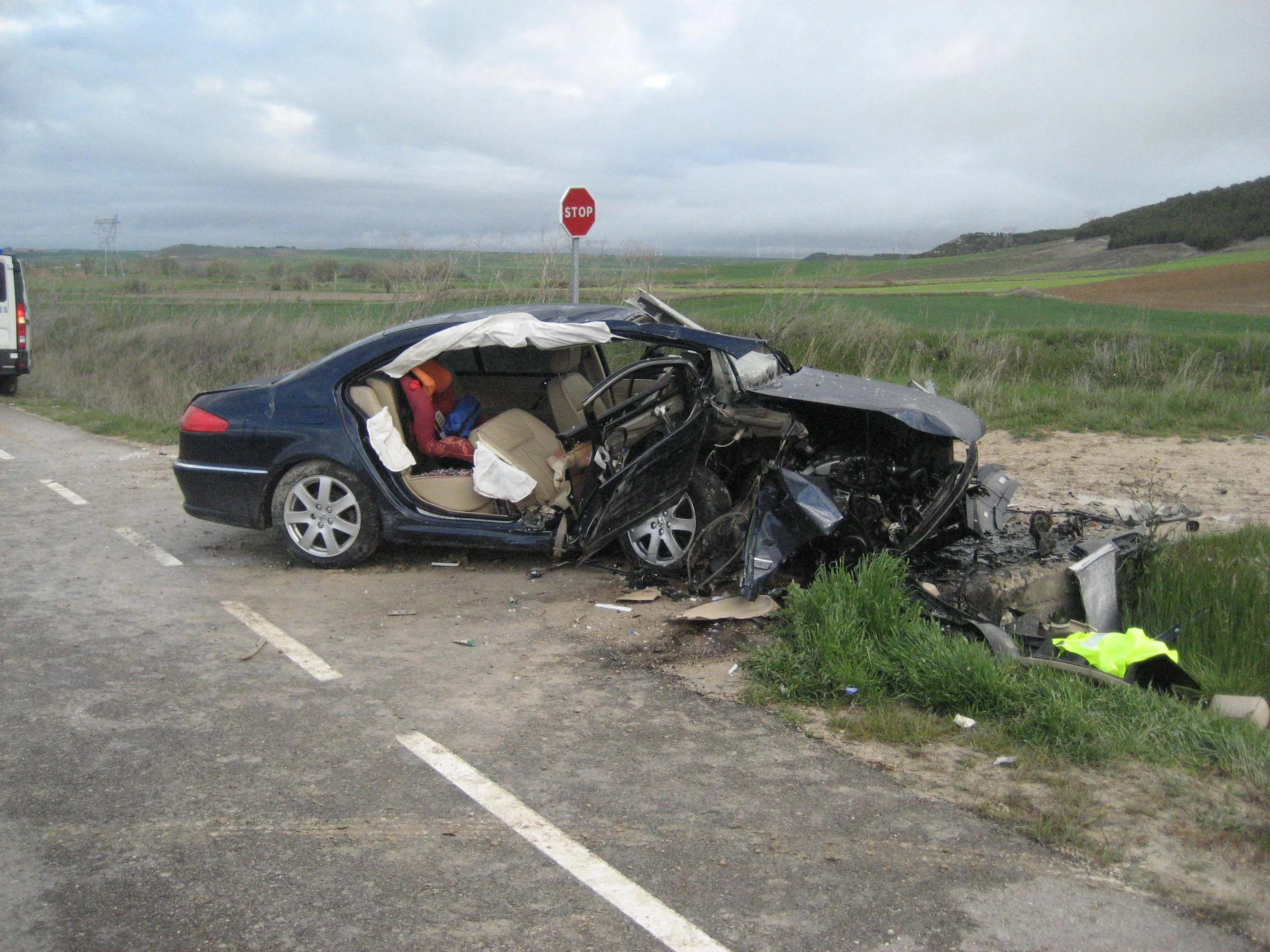US states are being urged by the National Transportation Safety Board (NTSB) to ban drivers from using mobile phones and other electronic devices.
April 24, 2012
Read time: 2 mins
US states are being urged by the 4180 National Transportation Safety Board (NTSB) to ban drivers from using mobile phones and other electronic devices. The NTSB’s call comes after an investigation by the agency noted an increasing number of road accidents caused by distractions. According to the 5188 Governors Highway Safety Association, 35 states , including hands-free devices, when they are at the wheel. The Governors Highway Safety Association revealed that 35 states and Washington DC prohibit texting while at the wheel, and Washington DC and nine states forbid drivers from using hand-held mobile phones while driving. However, US Transportation Secretary Ray LaHood announced his refusal to endorse The NTSB proposal to ban cellphones while driving, which includes hands-free devices. Although NTSB is a federal agency, it does not have the rule-making strength that the Department of Transportation has, of which LaHood is the head. As a result, the possibility of the ban becoming a federal regulation is unlikely. Why LaHood should announce his refusal to endorse the proposal remains unclear at present, particularly as he has been vocal in his support of road safety measures to date. NTSB said that vehicles that integrate a hands-free calling feature into their system and do not need to connect to a cellphone are not included in the ban, which means that the ban excludes 4070 General Motors's OnStar system, but not 3423 Ford Motor's Sync system. NTSB called for the ban in response to a fatal collision in 2010 in Missouri, which in part was caused by a driver who was sending out text messages while driving.







